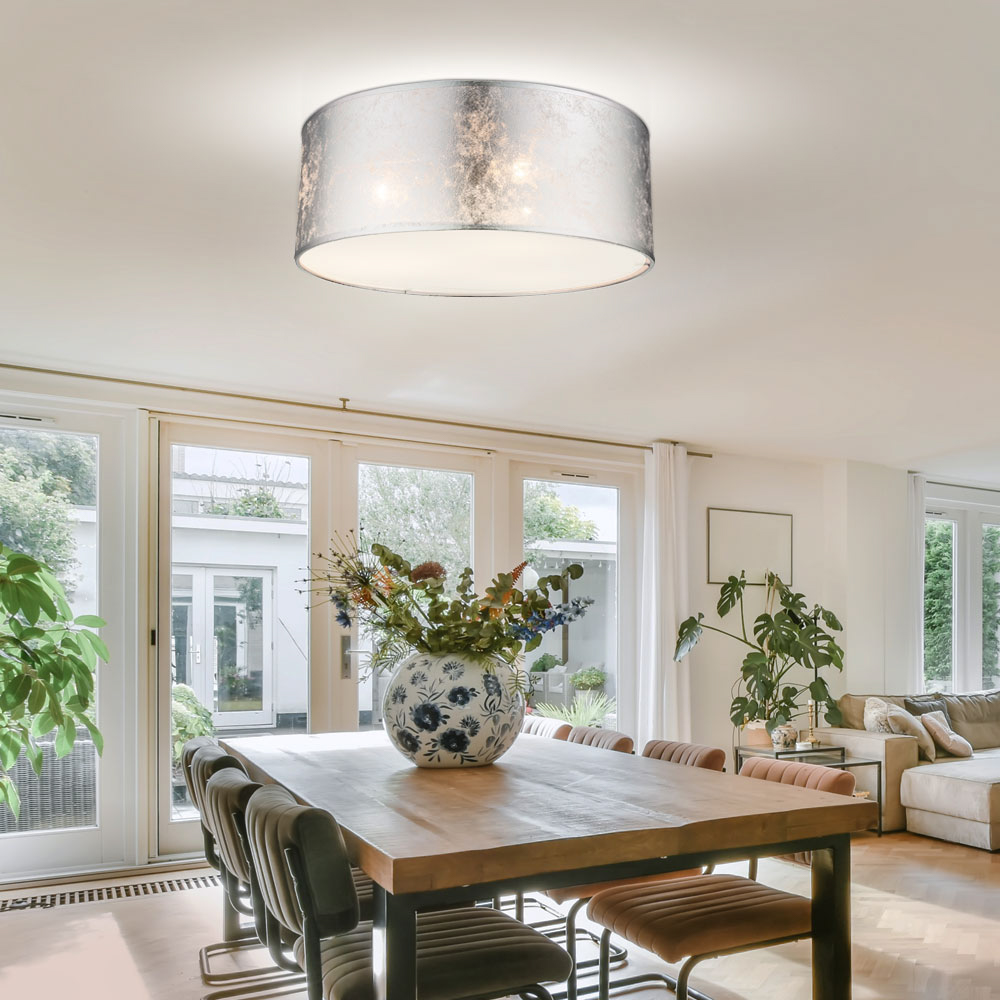Have you ever struggled to focus while studying? Or found yourself falling asleep while trying to read a dense textbook? The solution to these problems could be as simple as the lighting in the room. In this article, we’ll explore the benefits of study light and how it can help you improve your focus, enhance your memory retention, and ultimately, boost your academic performance.
The Science Behind Study Light
Studies have shown that exposure to bright light can have a significant impact on your brain’s cognitive function. This is because light affects the release of neurotransmitters, such as dopamine and serotonin, which play a crucial role in regulating mood and attention span.
Moreover, the type of light you use can make a difference in your ability to focus. Natural light is considered the best for studying as it stimulates the brain’s production of vitamin D, which is essential for cognitive function. However, if studying at night or in low-light conditions, it’s crucial to use artificial lighting that mimics natural light – such as full-spectrum lighting or daylight bulbs – to avoid eye strain and headaches.
The Benefits of Study Light
Improved Concentration
The right lighting can help to increase your ability to focus and concentrate. Bright light can keep you alert and attentive, reducing the likelihood of fatigue or distractions. This makes it easier to retain information and make connections between different concepts.
Better Memory Retention
Exposure to light can also improve your short-term memory retention. A study conducted by researchers at the University of Manchester found that subjects who were exposed to bright light before learning a new task performed significantly better than those who learned the task in dim light. The researchers believe that light helps to activate the hippocampus, the part of the brain responsible for memory encoding and retrieval.
Enhanced Mood and Productivity
As mentioned earlier, light plays a crucial role in regulating mood and productivity. Bright light can help to improve your mood and increase your energy levels, making it easier to tackle difficult tasks and stay motivated throughout the day.
Practical Tips for Using Study Light
Now that you know the benefits of study light, here are some practical tips for how to use it effectively:
- Try to study near a window to maximize your exposure to natural light
- If studying at night or in low-light conditions, use full-spectrum light bulbs or daylight bulbs to mimic natural light
- Avoid harsh, overhead lighting that can cause glare and eye strain
- Use a lamp with an adjustable arm to direct the light where you need it most
As you can see, study light is an essential aspect of creating an optimal study environment. By using the right lighting conditions, you can improve your concentration, memory retention, and overall academic performance. So why not give it a try and see for yourself the transformative power of study light?


